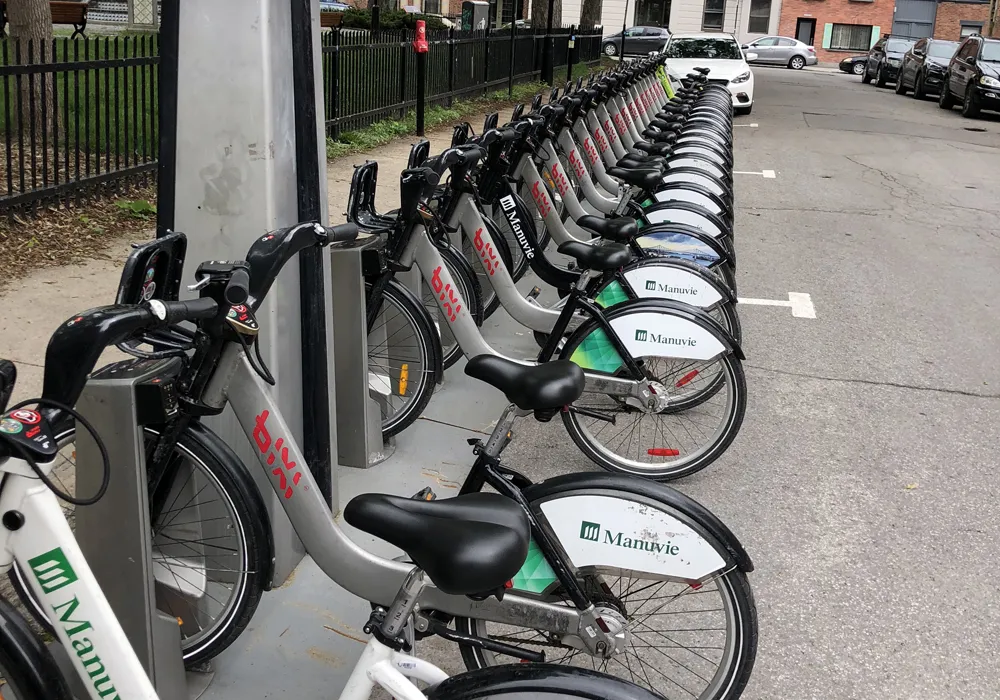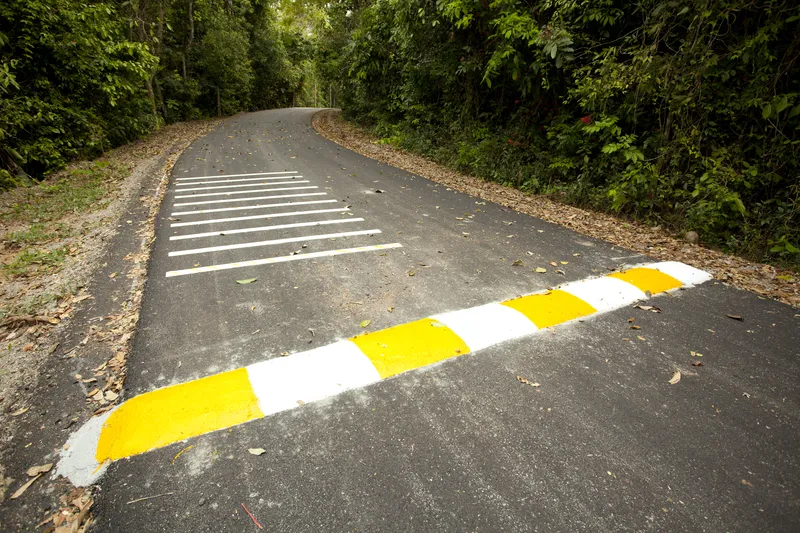According to a study conducted by the Malaysian Institute of Road Safety Research (Miros) on 5,248 drivers from 2009 until 2012, the nation’s women drivers are angrier than men but experience fewer road deaths and crashes. Overall, 18% of the 13.3 million registered drivers in the country are categorised as ‘high-anger’ drivers.
July 15, 2013
Read time: 1 min
According to a study conducted by the Malaysian Institute of Road Safety Research (Miros) on 5,248 drivers from 2009 until 2012, the nation’s women drivers are angrier than men but experience fewer road deaths and crashes. Overall, 18% of the 13.3 million registered drivers in the country are categorised as ‘high-anger’ drivers.
Moreover, the main causes of anger among drivers are said by the study to include triple parking on the streets, cutting queues, failing to utilise indicators before changing or turning lanes, and failing to give way. Also, the Miros study claims, it is very likely that high-anger drivers will show vehicular, verbal and physical aggression on the road, lose control of vehicles and face loss of concentration.
Additionally, the state with the lowest number of high-anger drivers is Kedah, although the reason is unclear. Terengganu state has the highest number of high-anger drivers. This is followed by Malacca state and Kuala Lumpur city.
Moreover, the main causes of anger among drivers are said by the study to include triple parking on the streets, cutting queues, failing to utilise indicators before changing or turning lanes, and failing to give way. Also, the Miros study claims, it is very likely that high-anger drivers will show vehicular, verbal and physical aggression on the road, lose control of vehicles and face loss of concentration.
Additionally, the state with the lowest number of high-anger drivers is Kedah, although the reason is unclear. Terengganu state has the highest number of high-anger drivers. This is followed by Malacca state and Kuala Lumpur city.







